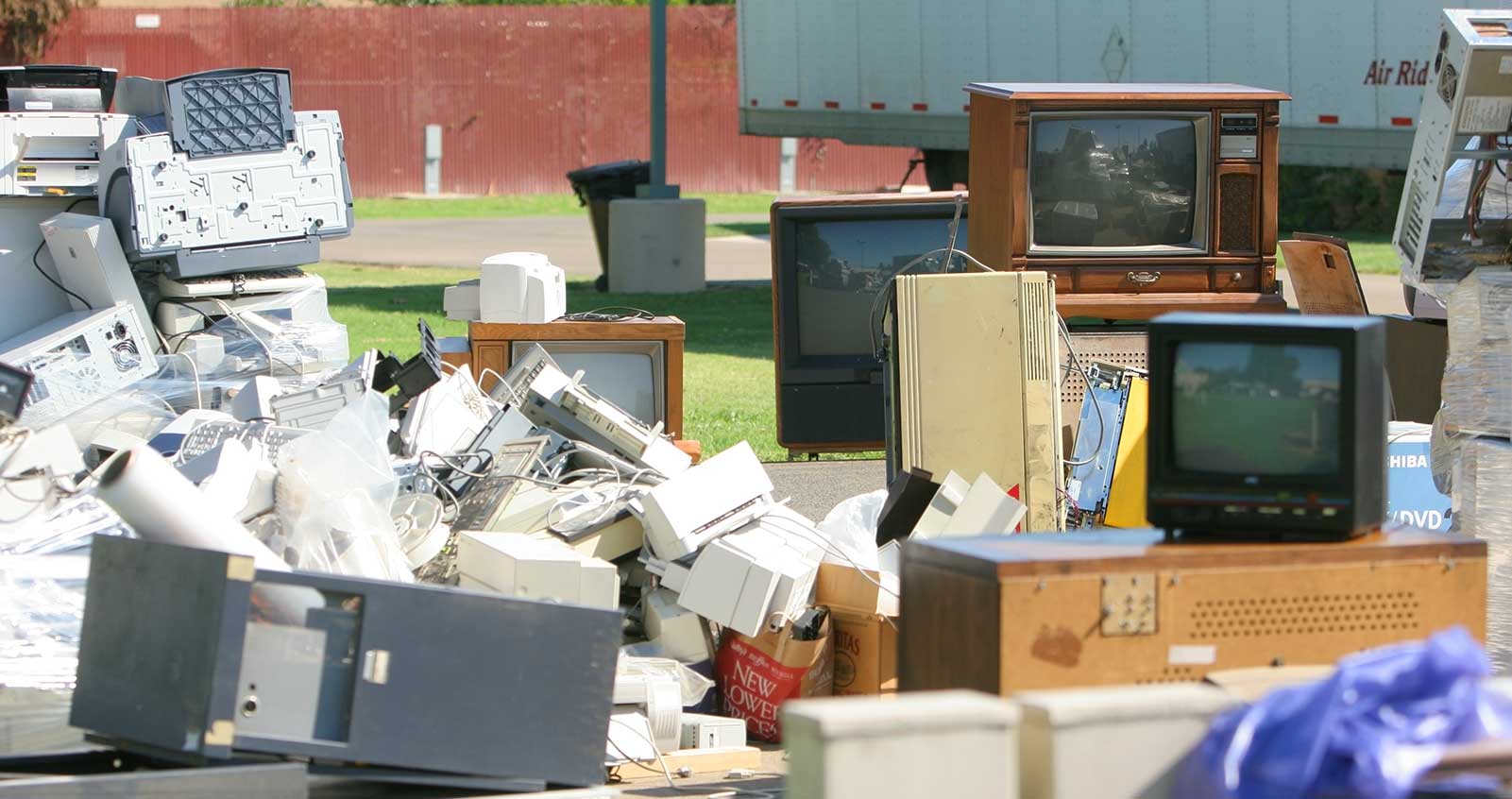The Growing Problem of Landfill Overload: Causes and Solutions
Posted on 03/09/2024
Landfills are a critical part of our waste management system, providing a necessary solution for disposing of our garbage. However, this convenience comes with a cost. The landfills are reaching their capacity at an alarming rate, and the situation is becoming increasingly unsustainable. According to the United States Environmental Protection Agency, it is estimated that the country has over 2,000 municipal landfills, and almost all of them will be full within the next few decades. This growing problem of landfill overload has serious consequences for our environment and communities. In this article, we will explore the causes and potential solutions to this pressing issue.
The Causes of Landfill Overload
One of the main causes of landfill overload is the sheer amount of waste generated globally. With the increasing population and consumerism, we are producing more trash than ever before. In fact, Americans alone produce around 254 million tons of waste every year, which is equivalent to filling up the Empire State Building 91 times! This staggering amount of waste overwhelms our landfills and its systems designed to manage it.
Another factor contributing to landfill overload is our reliance on single-use products. From plastic water bottles to disposable diapers, we have created a culture of convenience that prioritizes short-term convenience over long-term sustainability. These single-use items end up in landfills, where they take hundreds or even thousands of years to decompose fully.
Moreover, as traditional manufacturing processes continue to use non-biodegradable materials, our landfills are filling up with these materials that cannot break down over time. This includes items such as plastic bags, Styrofoam containers, and other packaging materials.

The Impact on Environment and Communities
As landfills continue to reach their maximum capacity, they pose a significant threat to both the environment and nearby communities. One major concern is the release of toxic gases, such as methane and carbon dioxide, into the atmosphere. These gases contribute to air pollution and global warming, exacerbating the already pressing issue of climate change.
Additionally, landfills have a detrimental effect on soil and water quality. As waste decomposes, it releases harmful substances that can contaminate the surrounding soil and groundwater. This contamination not only affects the natural ecosystem but also poses health risks to nearby communities.
The Solutions to Landfill Overload
To combat the growing problem of landfill overload, we need to implement solutions that reduce waste production and increase proper waste management practices. One effective approach is reducing our reliance on single-use products through legislation and consumer education. Governments can enforce bans on certain types of single-use items, while individuals can make a conscious effort to use reusable alternatives.
Another solution is to improve recycling and composting systems. By diverting recyclable items from landfills, we can reduce their volume significantly. Composting organic waste can also divert a substantial amount of materials from landfills while creating nutrient-rich soil for agriculture.
Innovative technologies are also being developed to address landfill overload. For instance, some companies are exploring waste-to-energy processes where garbage is converted into renewable energy sources.
The Pros and Cons of Landfill Solutions
While these solutions have their advantages, they also come with their drawbacks. Recycling and composting require significant resources, including labor, machinery, and transportation, which can be costly. Waste-to-energy technologies also face challenges in terms of costs and public acceptance.
On the other hand, continuing with our current practices will have more severe consequences in the long run. The environmental and health impacts of overloaded landfills outweigh the initial costs associated with implementing sustainable alternatives.
Tips to Help Reduce Landfill Overload
There are several steps individuals can take to help reduce landfill overload. Here are some practical tips:
- Reduce your consumption and opt for sustainable products whenever possible.
- Always recycle and compost whenever you can.
- Educate yourself on proper waste management practices in your community.
- Participate in local clean-up initiatives to reduce litter that ends up in landfills.

Key Takeaways
The problem of landfill overload is reaching a critical point, and urgent action is needed to address it. The growing amount of waste we produce, single-use items, and non-biodegradable materials are the main causes of this issue. Overloaded landfills have far-reaching consequences on our environment and communities, but there are solutions that can mitigate these impacts. By reducing waste production, improving recycling and composting systems, and investing in innovative technologies, we can work towards a more sustainable future.
In Conclusion
It is evident that the problem of landfill overload requires immediate attention. To prevent severe consequences such as air and water pollution, climate change, and health risks, we must take steps towards responsible waste management. Governments, businesses, and individuals all have a role to play in finding sustainable solutions to this pressing issue. By working together, we can reduce landfill overload and create a cleaner, healthier planet for generations to come.




